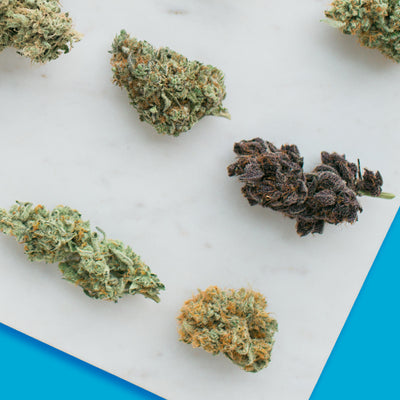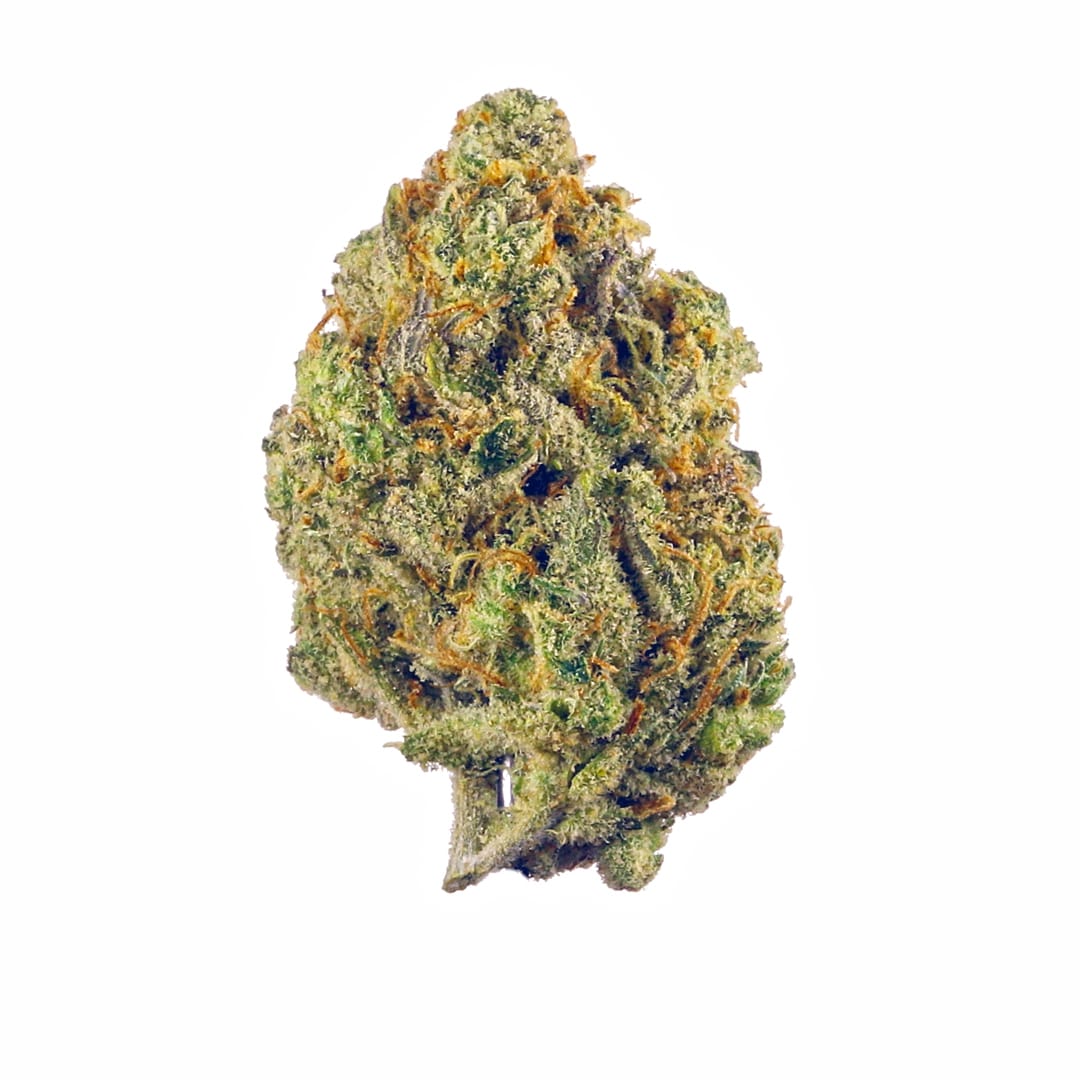What Is THC?

Tetrahydrocannabinol, or THC, is the compound in cannabis that’s primarily responsible for its intoxicating, psychoactive effects. Discover how THC works, potential effects, tips for selecting products and more.
Roughly 100 naturally occurring chemical compounds — called cannabinoids — are found in the cannabis plant. Of those, THC (scientific name: delta-9 tetrahydrocannabinol) is the one mainly responsible for the psychoactive and intoxicating effects of cannabis consumption. Keep reading to learn about how THC works in the body, its potential effects (both positive and negative), how to choose products based on potency and how THC compares to CBD.
How THC works
As a cannabinoid, THC works by interacting with the body’s endocannabinoid system (ECS). Studies suggest this system plays a role in regulating your recovery from stress, protecting your nervous system, activating your immune system response and regulating your overall state of optimal health, function and stability (called homeostatic balance).
The ECS is basically made up of two components:
- Endocannabinoids — cannabinoids your body produces naturally
- Cannabinoid receptors — present in nearly every part of your central nervous system and brain, and many other areas of the body, including your immune system
Your natural endocannabinoids fit into the cannabinoid receptors like a key in a lock and help carry messages from cell to cell. As a cannabinoid, THC works the same way: It temporarily replaces your own endocannabinoids and binds to the receptors, but with different effects.





